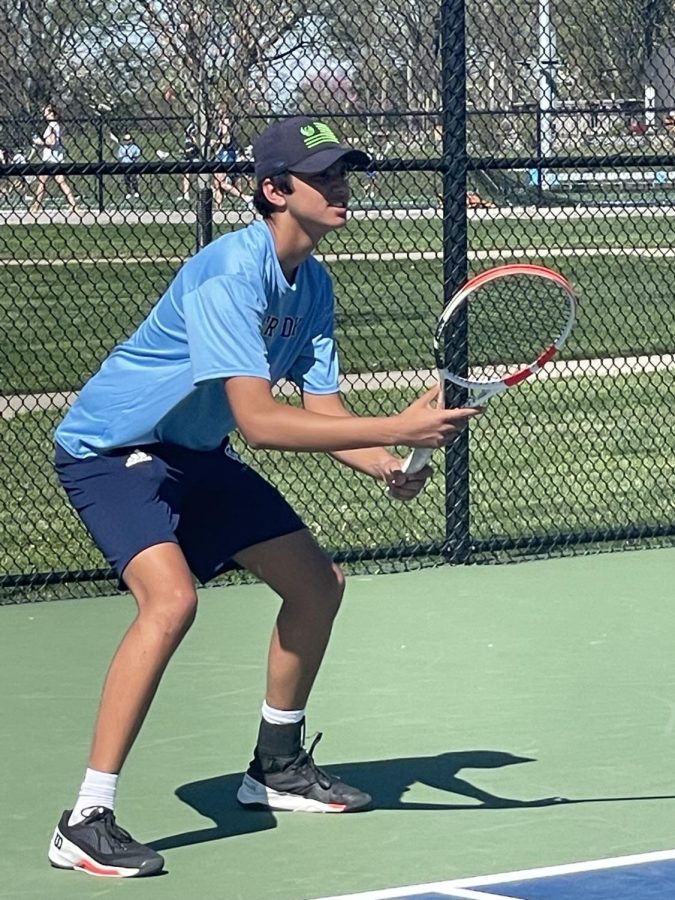By Jessie Lang ’18, Contributor
As a student athlete, it can be hard to juggle your career with academics. Finding time to study and do homework between practices, games, and workouts is no easy feat.
When asked how she deals with the issue, Jordann Sadler ’18, who does cross country, basketball, and track, responded, “I prioritize. So if I have a cross country meet and an exam, I would put more focus on the exam because I think exams can determine farther into your life, while sports in general are more important if you want to become a professional athlete or go far in sports.” Organizing activities by what you’re most passionate about and what is most important in the moment is essential when it comes to deciding what you need to focus on, especially with limited time. Jordann adds, “I take advantage of my free bells because the more homework you do at school, the less you have to do at home, making more time to do sports and other activities after school.” Try to utilize the moments when you don’t really have anything to do.
Charlie Sachs ’17, a Junior Captain of the cross country team and a member of the swimming and baseball teams, agrees about using free bells wisely. He also suggests, “Talk to your teachers. I talk to my teachers during my free bells to make sure I understand what I learned in class, which makes doing homework at home more efficient.” Homework flies by faster if you understand concepts learned in class. Communicating with teachers gives you a more solid grasp of the material.
Sleep is also super important. You may get only four hours a night because of games and studying, but try to go to bed as early as possible. Getting those Z’s rests your brain and your body, making you more productive and energetic when you’re awake. Charlie says, “I try to sleep whenever I can, because without good sleep it’s hard to function.” Sometimes, if you’re really tired, cut your studying down a little bit and get that much-needed rest. You can cram in some more study time the next morning, while still getting the key sleep to help you perform well in school, sports, and other extracurricular activities the following day.
Keyra English ’18, a cross country runner, basketball player, and track athlete, remarks that she catches up on sleep on the weekends, getting as much snooze time as she can. She adds, “I expedite what I need to do, and limit all the activities I do so I can focus more on school.” Don’t try to do a million things. Don’t push yourself too far past your max. Whatever really matters to you, whatever you’re really driven about, pursue those interests. If you do not have enough time to do those things, then don’t try a bunch of other things you’re not as passionate about. Keyra comments, “Make sure to know what you want to get out of high school. Pick your classes and electives carefully. Know what you want to do later in life. Know why you’re doing things. Plan ahead. But most importantly be happy with what you’re doing.” It helps to make a plan of what is important to you and how you’re going to achieve it. Like Keyra said, be happy with what you do. If an activity doesn’t feel like it fits you, don’t feel obliged to keep it up. Save that time and effort for what really matters to you. Experiment. Find your niche. Find your routine. Find your own way of balancing sports and academics.
As a student athlete, keeping an equilibrium between academics and athletics is tough, no doubt. But with a plan of attack and a sense of what matters most to you, that balance can be found and achieved.







